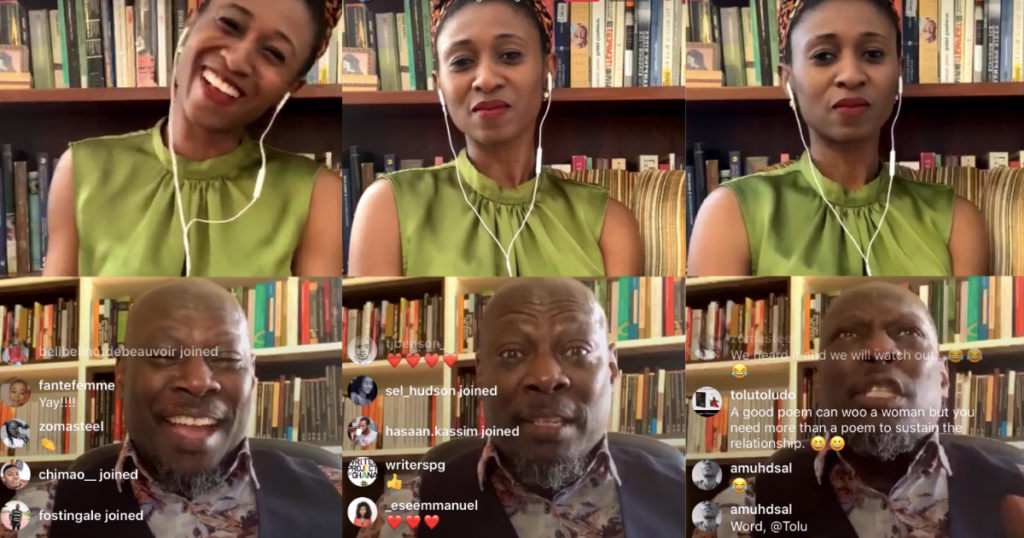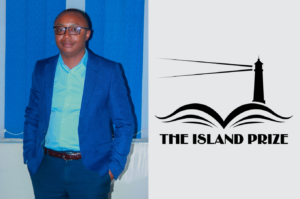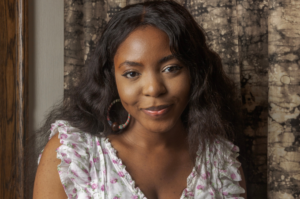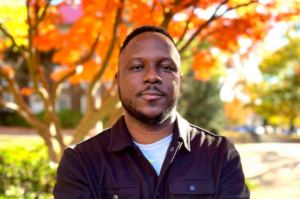
Professor Ato Quayson, in the house!
For the third installment of our Instagram Live Series, #WeTurnToBooks, we were honored to host the wonderful Ato Quayson. Quayson is a Fellow of the Ghana Academy of Arts and Sciences, the Royal Society of Canada, and in 2019 was elected Corresponding Fellow of the British Academy. He is Professor of English at Stanford. Aside from 8 edited volumes, he has published 5 monographs: Strategic Transformations in Nigerian Writing (1997), Postcolonialism: Theory, Practice, or Process? (2000), Calibrations: Reading for the Social (2003), Aesthetic Nervousness: Disability and the Crisis of Representation (2007), and Oxford Street, Accra: City Life and the Itineraries of Transnationalism (2014). He is currently completing Tragedy and Postcolonial Literature (forthcoming, Cambridge University Press) and is working with Grace Tolequé on Accra Chic: A Locational History of Fashion in Accra (forthcoming, Intellect Books and Chicago University Press). Quayson is also the current president of the African Studies Association.
When asked what books can do for us in times of crises, Quayson responded that the question had to be considered in terms of both the writer and the reader. With reference to Mukoma wa Ngũgĩ’s insights from his Instagram live chat held the previous day, Quayson suggested that on the one hand, writers are our “cultural antennas” who help us articulate difficult moments like the current pandemic. On the other, books for readers are “like moral vitamins” that should be taken “consistently for the vitamins to make any difference.” Books as “moral vitamins” — we’re holding onto this quote!
Quayson goes on to offer his thoughts of works by Chimamanda Adichie, Chinua Achebe, and the Heinemann African Writers Series, among many others. We could’ve listened to him all day, but unfortunately, Instagram TV has a time-limit of one hour, and our conversation was cut short. Even so, we’ve saved most of the chat, and for those who missed it live, watch it below or on our Instagram TV channel (the video is split into two parts).
Don’t forget to check out our conversations with Mukoma wa Ngũgĩ and Jeanne-Marie Jackson-Awotwi too.
Part 1
Part 2









COMMENTS -
Reader Interactions